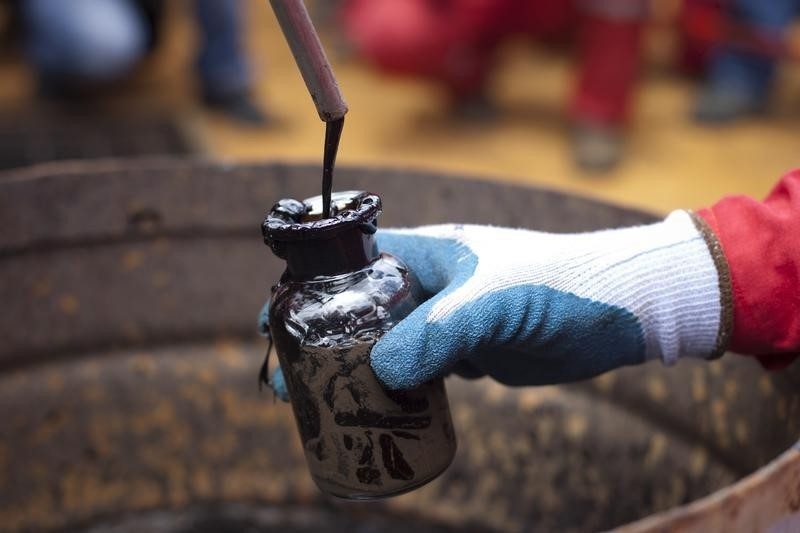DUBAI, July 1 ― The Gulf states' economies could contract by 7.6 per cent this year in their deepest decline in decades, as the coronavirus and low oil prices take their toll, a top IMF official said yesterday.
The new projection for the six-nation Gulf Cooperation Council (GCC) is dramatically worse than the 2.7 per cent contraction the IMF forecast just two months ago.
Oil revenues in the GCC, the Gulf Arab monarchies that supply nearly a fifth of the world's crude, are also expected to decline by US$200 billion (RM856 billion) in 2020, said Jihad Azour, director of the IMF's Middle East and Central Asia Department.
“The oil sector will shrink sharply by around 7.0 per cent and it will be accompanied by a drop in the non-oil sector also,” he said in a webinar on the prospects for a post-coronavirus recovery in the region.
Azour however predicted a faster rebound in 2021 as Gulf economies grow by 2.5 per cent ― “a full 10 per cent turnaround”.
The GCC comprises regional powerhouse Saudi Arabia and the United Arab Emirates along with Bahrain, Kuwait, Oman and Qatar.
Azour said that oil prices in real terms (adjusted for inflation) dropped to their lowest level since 1973 earlier this year before recovering partially following a deal among major exporters to slash production.
The IMF last week kept its projections for Brent oil prices unchanged at around US$36 a barrel, almost half of last year's average.
Azour said the sharp drop in oil prices and the impact of the pandemic would lead to more debt in GCC economies, a problem he warned must be tackled.
In its World Economic Outlook released last week, the IMF projected the Saudi economy, the largest in the region, would shrink by 6.8 per cent ― the lowest growth in more than three decades.
Ahmed al-Kholifey, governor of the kingdom's central bank, the Saudi Arabian Monetary Authority, downplayed the projection as too gloomy.
“We see the IMF forecast as more pessimistic than our projections or even the (experts') consensus,” Kholifey told the virtual forum, although he declined to provide figures.
Saudi Arabia's General Authority of Statistics published figures yesterday showing that the kingdom's economy shrank by 1.0 per cent in the first quarter.
But Kholifey acknowledged that the second-quarter performance would be weaker.
In the neighbouring UAE, Dubai said yesterday that its GDP had declined by 3.5 per cent in the first quarter of 2020 compared to the same period in 2019.
The emirate's official media office said however that its troubled real estate activity had registered 3.7 per cent growth. ― AFP






















